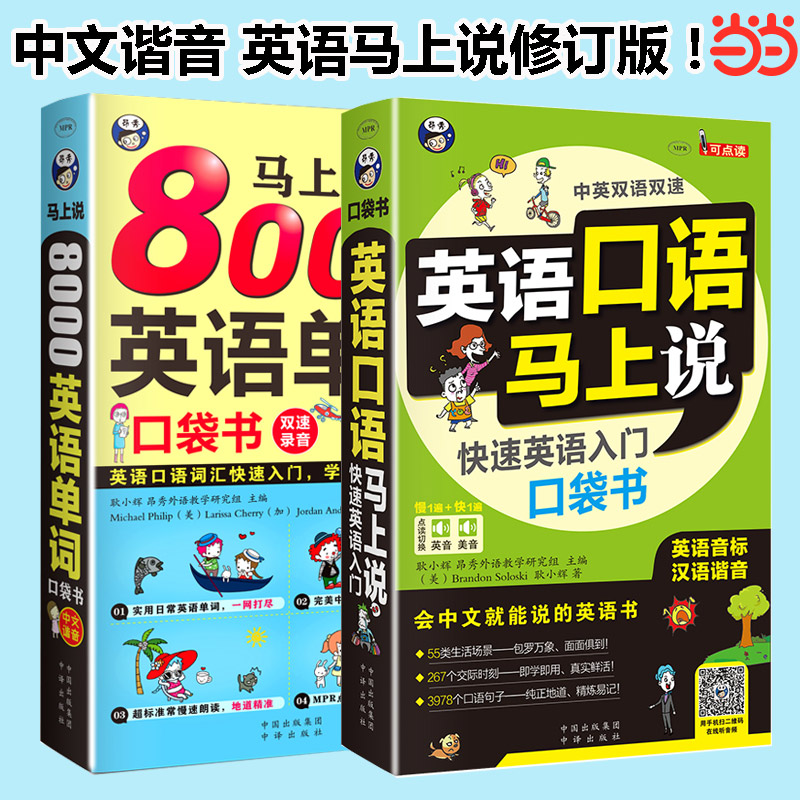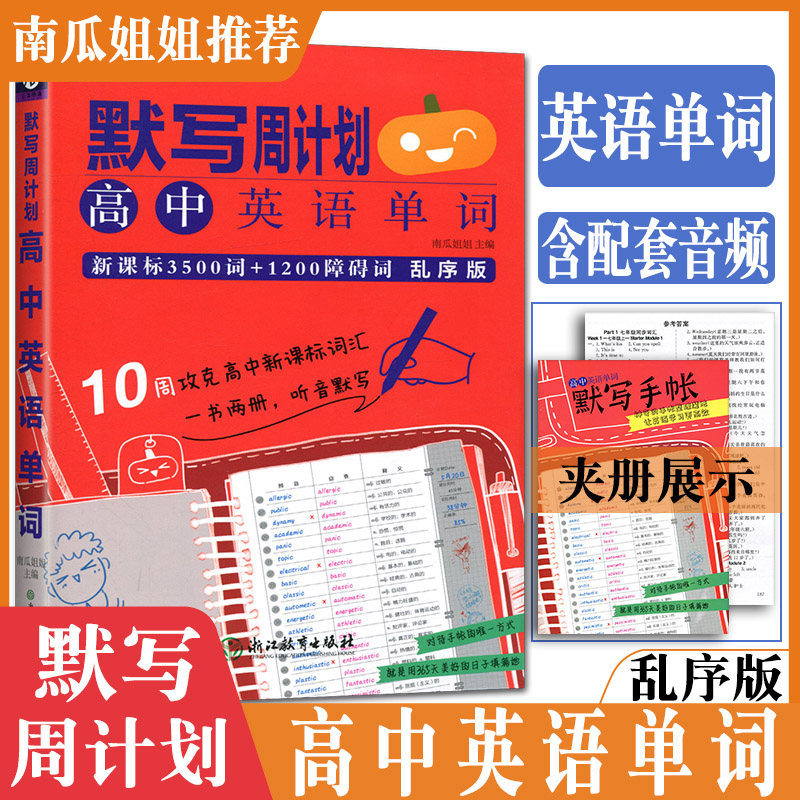In the realm of English vocabulary, words related to "girl" are abundant and varied. These terms encompass a wide range of concepts from physical attributes to social roles and activities. The diversity in vocabulary dedicated to describing girls underscores the richness of the language and its capacity to capture the nuanced nature of female identity.

To understand the essence of these words, it's imperative to first delve into their basic meanings and usage. Words like "girl," "lady," "child," "young woman," and "girlfriend" all fall under the broader category of 'girl', but each carries specific connotations that differentiate them in context. For example, the word "girl" typically refers to someone between infancy and adulthood, while "lady" often denotes respectability or maturity. Similarly, "child" is more commonly associated with younger age groups, whereas "young woman" suggests early adulthood.
One can also observe how these words evolve over time, reflecting societal changes and evolving attitudes towards women. Historically, words such as “maiden” (meaning virginal girl) were used to describe a young woman's status before marriage. With the advent of the industrial revolution and increased urbanization, words like “teenager” came into use, capturing the newfound freedoms and challenges facing young people during adolescence.
Moreover, English language has incorporated many foreign words that have become integral parts of its vocabulary when referring to girls. Terms such as "coquette" (French for charming), "gamine" (French for cheerful), and "jeune fille" (French for young girl) highlight cultural exchange and global influence on English expressions. This not only enriches our linguistic resources but also offers a window into cross-cultural understanding.
It's important to recognize that these words aren't merely descriptive but carry emotional weight and social implications. Words such as "tomboy" (originally meant a boyish girl) challenge traditional gender norms by promoting individuality and self-expression. Conversely, terms like "brownie" (a term of endearment for a girl) convey warmth and affection.
Additionally, English has evolved to include more inclusive terms, especially regarding race and cultural backgrounds. Words such as "mulatta" (used historically to refer to any person with mixed African and European heritage) have been replaced in modern usage by "biracial" or "mixed race." Such changes reflect societal progress towards greater diversity and inclusion in language usage.
The role of technology cannot be overlooked in shaping the vocabulary surrounding girls. The rise of digital media has introduced new terms such as "internet troll" (an online harasser) and "digital native" (born after the widespread availability of computers), which now describe aspects of一个女孩's life online. These developments demonstrate the language's dynamic nature, constantly adapting to new phenomena and technological advancements.
Finally, one must acknowledge the impact of literature on expanding vocabulary related to girls. From classic novels like Jane Austen’s "Pride and Prejudice" to contemporary works like "Harry Potter," books have played an instrumental role in introducing readers to complex characters like Elizabeth Bennet or Hermione Granger, further expanding our understanding of what it means to be a girl in different contexts.

Outline:
1.Basic Meanings and Usage - Understanding common terms associated with 'girl'.
2.Historical Evolution - The changing attitudes reflected in vocabulary over time.
3.Foreign Influence - How international words enrich English vocabulary related to girls.
4.Emotional Weight and Social Implication - The significance of words in expressing feelings towards girls.
5.Diversity and Inclusion - The evolution towards inclusivity in terms of race and culture.
6.Impact of Technology and Literature - How technology and literature have shaped modern vocabulary about girls.
7.Conclusion - Recapitulating key points and recognizing the importance of these terms for understanding female identity within English language usage. 推荐阅读》
未经允许不得转载:» 女孩的英语单词(Girl in English)

 家长点评网
家长点评网











